NEW DELHI, May 7: India responded positively on Wednesday to Prime Minister Mir Zafarullah Jamali’s peace overtures by seeking Islamabad’s nod for a new high commissioner there, and said it remained fully committed to improving relations with Pakistan.
Foreign ministry spokesman Navtej Sarna told reporters that India welcomed Mr Jamali’s moves, particularly “the fact that Pakistan has responded to the initiatives of our prime minister”.
He added, however, that “it is quite clear that several specific steps would need to be taken by Pakistan to move this process meaningfully forward”.
Mr Sarna listed some of the steps that he said were still required to be taken by Pakistan and lauded others that were announced by Mr Jamali on Tuesday. He divided Mr Jamali’s suggestions into two categories — those that were made in the context of Saarc and those that related to India-Pakistan ties.
“In order to take forward the initiative of our prime minister, we have today sought agreement for the appointment of the new Indian high commissioner in Islamabad,” Mr Sarna said. He declined to give the name of the proposed envoy, citing diplomatic convention.
News reports on Wednesday speculated on the likely candidate beginning with India’s ambassador in Beijing Shiv Shankar Menon. They also listed Indian high commissioner in Dhaka and former consul-general in Karachi, Mani Lal Tripathi and K.C. Singh, current ambassador in the UAE as the other candidates.
Mr Sarna welcomed “the agreement” conveyed by Mr Jamali to the resumption of civil aviation links between the two countries.
He said: “Our understanding is that such (air) links would include direct air services and over-flights. We have sought a specific confirmation from Pakistan in this regard. Pakistani authorities have indicated that this issue could be discussed further between the civil aviation authorities of the two countries.”
Diplomats said this could be the sticking point, since India is keen on starting aviation links without any immediate scope for resuming land links with Pakistan. Indian Civil Aviation Minister Shahnawaz Khan may have indicated India’s eagerness when he expressed the hope that the new arrangement would enable a direct India-Afghanistan air link, something denied since January 2001.
India also welcomed “the humanitarian gesture announced by Prime Minister Zafarullah Jamali for release of Indian fishermen, 22 Sikh youth and the crew members of the Indian cargo boat — Raj Laxmi,” Mr Sarna said.
He indicated that Mr Jamali’s other suggestions, including a full restoration of diplomatic representation, resumption of road and rail links and sports contacts might have to wait. “These measures can be considered in due to course as we see progress on the steps announced by our prime minister, and there is evidence of Pakistan taking firm and credible action against cross-border terrorism and to dismantle the infrastructure of support to terrorism,” Mr Sarna said.
Apparently referring to Mr Jamali’s offer to remove some items of trade with India from the negative list, the spokesman said the measures must comply with Saarc decisions.
“The Saarc related trade proposals are clearly inadequate in the context of the mandate of the Saarc Kathmandu summit,” Mr Sarna said. India had repeatedly made it clear that substantive progress on trade and economic cooperation should take place to make the next summit meaningful, he said.
Regarding the larger political process ahead, Mr Sarna said India remained committed to resolving all issues between India and Pakistan bilaterally, “as provided for in the Shimla Agreement and the Lahore Declaration”.
Recalling Prime Minister Atal Behari Vajpayee’s statement to parliament on May 2, the spokesman underlined the fact that Mr Vajpayee “had made it clear that a sustained dialogue would necessarily require an end to cross-border terrorism and the dismantling of its infrastructure”.
To Mr Jamali’s proposals to move on confidence-building measures, including the nuclear dimension, the Indian spokesman said: “Discussion on nuclear and other CBMs can be held in the context of the Composite Dialogue, which has the specific agenda item of “Peace and Security including CBMs.”
CRIMINALS LIST: The question of deporting alleged criminal fugitives from Pakistan to India may not have figured in the current peace moves between the two countries, but New Delhi reheated the issue on Wednesday in parliament.
“On the list of 20 criminals sent to Pakistan, we have not yet got any positive response,” minister of state for home I. D. Swami told the Rajya Sabha in response to questions by MPs.
He said while deportation of alleged criminals and terrorists had taken place from the United Arab Emirates, “India has not been able to get any criminal deported or extradited from Pakistan so far”.
Mr Swami said Red Corner Notices had been sent by India’s federal police CBI (Interpol Wing) against 234 wanted criminals and that seven countries, including the US, Germany, Portugal, UAE, UK and France responded in 2002 and 2003.
CURBS ON ARTISTS: New Delhi on Wednesday accused Islamabad of imposing barriers to stop its artists performing in Pakistan and said bilateral ties hinged on greater interaction between their people, adds AFP.
“Pakistan follows an extremely restrictive policy regarding permitting Indian artists to perform there,” junior foreign minister Digvijay Singh told parliament’s lower house.
“New Delhi believes that greater reciprocal people-to-people contact could be one of the ways of carrying forward bilateral relations,” the foreign minister said in a written reply to a question on relations between India and Pakistan.















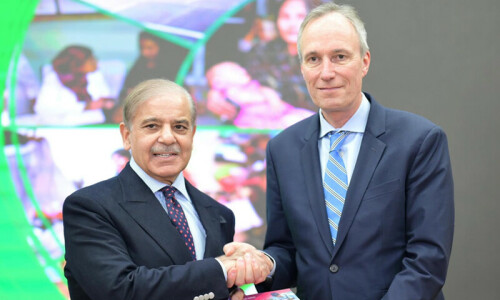

















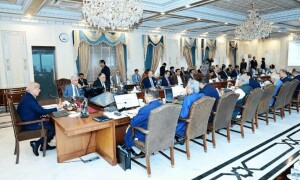

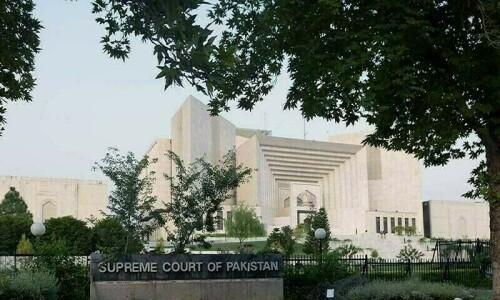


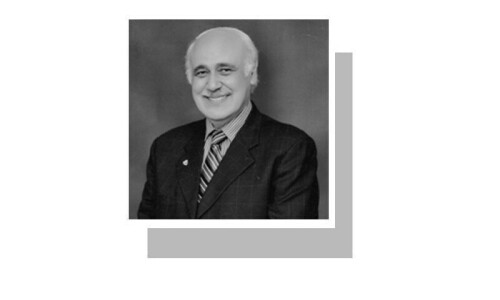


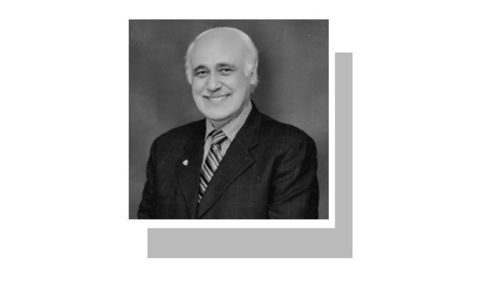
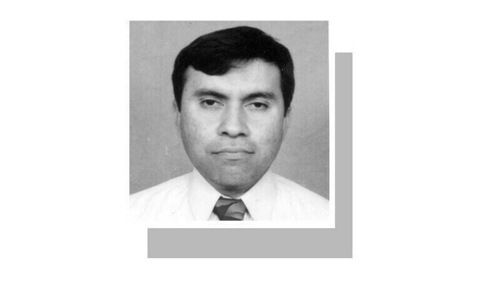

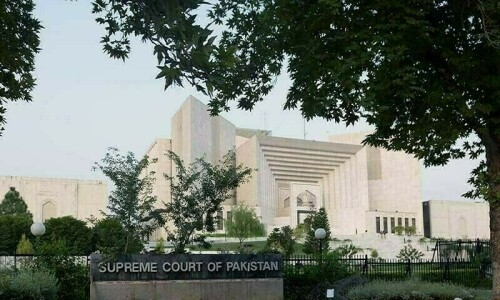




Dear visitor, the comments section is undergoing an overhaul and will return soon.